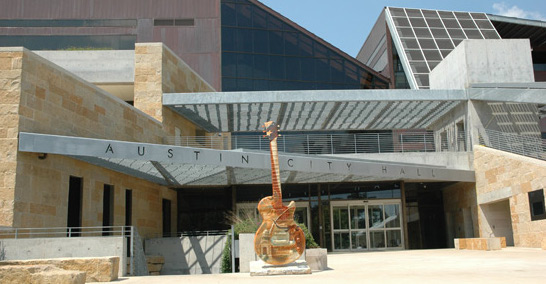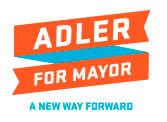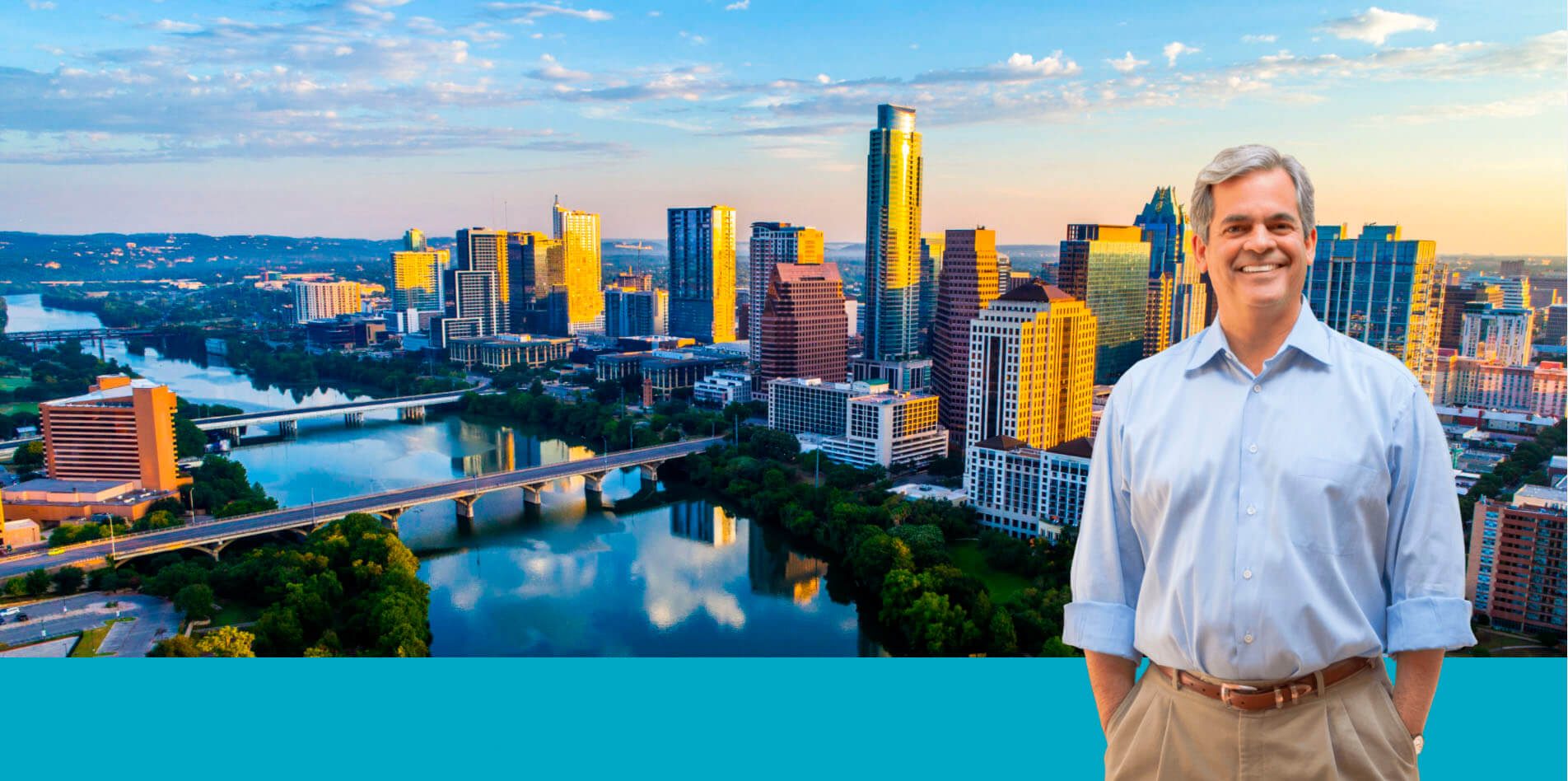
“10-1 has given the people of Austin a once in a generation opportunity to institute a new government with a new culture at City Hall. We must resist the inevitable pull to do government as we have in the past because we know it, are comfortable with it, or because that is the way we have always done it. If we start new government on January 6, 2015, the way we finished old government on December 15, 2014, then shame on us. Our Council must become more deliberative and thoughtful, more proactive and less reactive, more long term in our thinking, and more accessible and involving of the community and its stakeholders.” –Steve Adler
Why we Need a New Way Forward in Governance:
- We are now the 11th largest city in the country
- City Council meetings aren’t working. Too often the Council is working far too late at night, making policy decisions from the dais, considering resolutions sometimes filed only days earlier and not yet properly vetted, and in front of whatever handful of people have been able to brave the hours and still remain in chambers.
- It is time to change the way the Council works in order to better serve the people of Austin.
1. No one makes their best decisions at 3:00 o’clock in the morning.
- It’s long past time to change how often Council meetings are held and how they are structured to make them work better for the people of Austin.
- More of the Council members’ work and the active public participation need to occur at a committee level.
- The Council needs to meet more often and hold additional work sessions if necessary to allow the new Council greater public discussion of issues.
- We should also consider scheduling land use and other items on alternating weeks to shorten meetings and provide more certainty for the public and city staff.
2. Empowering Council members and their constituents is the best way to help the new council succeed.
- I support reinventing the Council committee system so every Council member has the opportunity to be chair and a vice chair of a committee along with serving on several others.
- The new Council members will have the opportunity and responsibility to not only represent their districts, but also to lead from a citywide perspective to fulfill their committee chair responsibilities.
- The Council and its committees should meet at accessible times and alternate locations so as to bring government to the community.
3. The public should not be surprised by Council agenda items.
- I believe that all items that presented at Council should first be heard in Council committees.
- This will give the public and existing Boards and Commissions a greater opportunity to address important issues and allow the public and stakeholders to consider and participate in issues before they are voted on at Council.
- This will also allow the opportunity to vet issues and develop public consensus prior to full Council action.
4. Getting Started: The First 100 Days.
- Up to the first 100 days of the new Council should be devoted to framing the long-term issues.
- Every new Council member should lead the entire Council for a day in their district, allowing from 8 am to 9 pm. They decide where we go, what we see and who we talk with in their district.
- We should select speakers and presenters on the broad substance areas that the Council deals with and they should present and interact with the new Council. These would be big thinkers, practitioners, folks from in and around the city, around the state and beyond. The expectation is not that the Council members will be turned into substance area experts in this short time but rather that the Council will develop a shared experience with deeper policy background. It would support the Council members approaching their positions thinking broadly and policy oriented. We will have the opportunity to build a shared vocabulary.
- This process will enable Council members to get to know one another.

